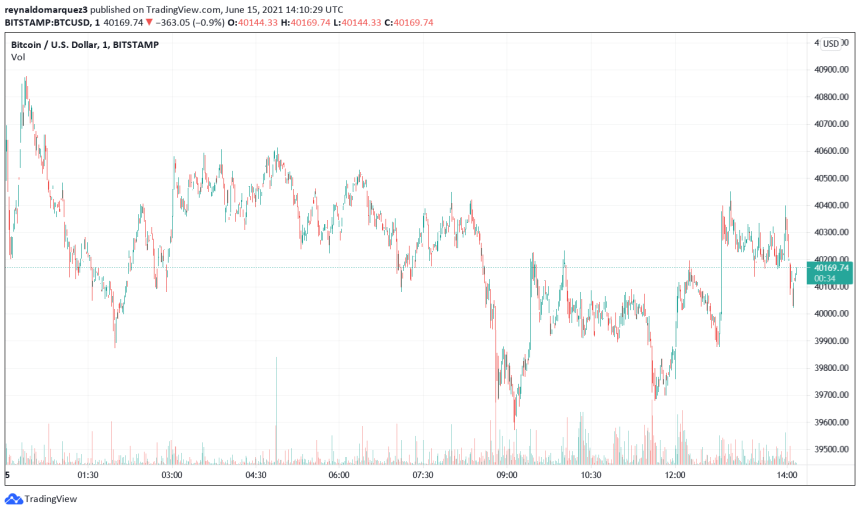Dante Mossi, president of The Central American Bank for Economic Integration (CABEI), confirmed in a press conference that the institution will support El Salvador’s efforts to enforce its Bitcoin Law. The new legislation was recently approved by this country’s congress and has caused different reactions from international bodies.
However, Mossi praised the Bitcoin Law and believes it will create opportunities for the Central American country and its people. Mainly, as a more efficient route to send and receive remittances. He added:
The signal that I want to leave you today is that BCIE (CABEI) is accompanying El Salvador in this new and innovative policy of adopting the cryptocurrency called Bitcoin for legal use.
The president of the financial institution revealed that they will work with El Salvador to form a technical team of experts. Thus, they will be able to tackle the main obstacles with the new law and adapt it to the country’s needs. Mossi said:
We are very proud that your first door to request help and support in the implementation of this government decision has been the Central American Bank for Economic Integration. In the technical assistance provided by the Bank, we will be selecting experts on the subject to advise on how to implement this innovative reform, including risk assessment and regulation.
CABEI is currently looking for experts from around the world and has not set a budget for this project. The institution will wait until the team has been selected to proceed to the financing phase. At the same time, they have requested assistance from their international partners with pro-Bitcoin policies.
The Challenge of Adopting The Bitcoin Standard
Mossi emphasized that they will try to study cases where BTC has been adopted. In this way, the institution and the country’s authorities will have the tools to prevent mistakes. However,
There is no other country that has adopted Bitcoin as widely as El Salvador has. This is a challenge, because you have to take it head-on and find the best way to protect the user.
One of the challenges of El Salvador’s new law, according to the president of CABEI, is the bad actors operating in the Bitcoin network. Therefore, he believes regulations will need to be implemented, but made no reference to a specific framework.
Finally, Mossi clarified that the institution will not finance El Salvador’s Bitcoin fund. This instrument will be controlled by a state bank, per the law, and will have around $150 million at its disposal. However, if the country requests a credit, CABEI will “review it”.
Mossi considers cryptocurrencies to be a positive innovation. CABEI has been supportive of El Salvador’s law, unlike the International Monetary Fund (IMF). The latter has expressed economic and legal concerns. The Central American country is negotiating a credit program with the IMF.
At the time of writing, BTC trades at $40,341 with sideways movement in the lower timeframes.

The first cryptocurrency by market cap has managed to the held ground at these important levels but must reclaim $42,000 to clear out the bears, in the short term.



















